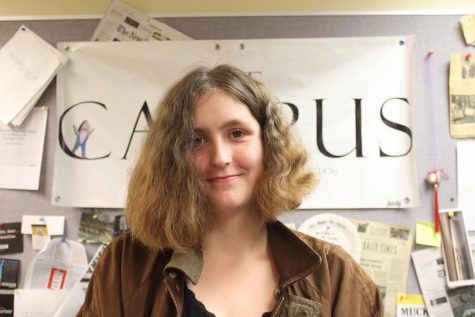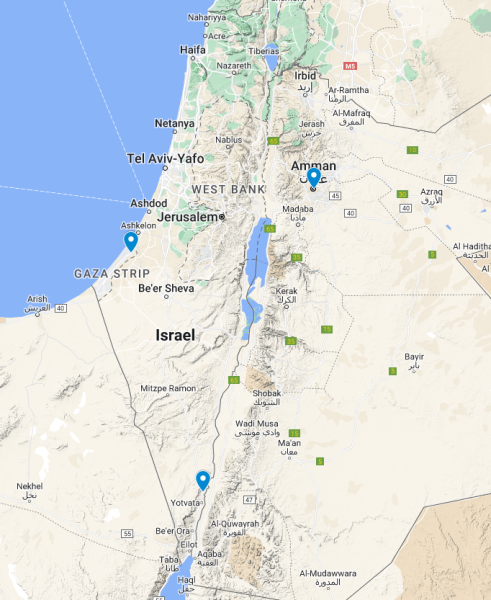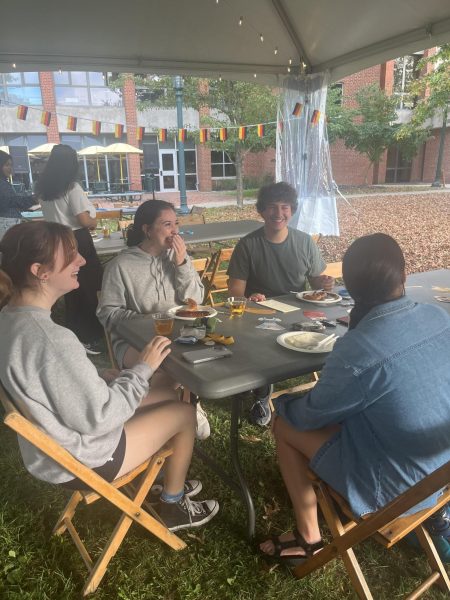Political ramifications of Turkey-Syria earthquake
A magnitude 7.8 earthquake struck Turkey and Syria on Monday, Feb. 6, the largest seismic movement the country has faced in nearly a hundred years, according to The Guardian. The death toll from the natural disaster has surpassed 46,000 as rescue teams search for any remaining survivors.
“The area is very active,” said Visiting Assistant Professor of Environmental Science and Sustainability Tamara Misner. “It’s not surprising that an earthquake of this magnitude happened. It’s right at the juncture of a number of tectonic plates on their boundaries. And it’s not surprising there was an earthquake of this magnitude, although earthquakes this large don’t happen very frequently.”
The tectonic plates that Turkey and northern Syria sit on are the Arabian, Anatolian and African plates. The earthquake was especially harmful because it was shallow, leading to more overall damage to the surface, according to Misner.
“If it were to have happened deeper, then a lot of the energy could have dissipated before it reached the surface,” Misner said. “Because it was so shallow, a lot of that energy made it to the surface, ruptured, and then you could see the rupture. In images, you could see there were offsets of roads that showed how the fault moved.”
The tectonic plates are always moving, but when they push against each other, it builds up stress, according to Misner. It is a “network of fault,” as when stress was released during the first portion of the earthquake, it then transferred to another part of the fault, causing more distance and a second earthquake to follow.
“Sometimes you get smaller earthquakes that are just stress relief, so the fault doesn’t have a major rupture, but it just relieves some stress by little movement or little slipping,” Misner said. “But you’ll just keep having more places where stress builds up, and over time, you’ll get a release, and you’ll have other earthquakes.”
Associate Professor of Political Science Shanna Kirschner explained that a lot more than the magnitude of the earthquake impacted the death toll.
“This is a tremendous disaster and I think that it’s really important that we keep that front and center — but, of course, there are also political implications,” Kirschner said. “We saw very quickly in the first couple of days that the government started arresting some of the contractors involved in building a number of high rises that collapsed. There have been some questions that have already come out in the last day or two about the way that the government allowed those contractors to get around building codes. Not just earthquake building codes, but basic building codes, which clearly is part of explaining the scope of the disaster and the number of buildings that collapsed.”
The infrastructure was one aspect that deeply impacted the massive death count, according to Misner.
“I think that when they rebuild in those areas, they really need to think about using different building materials if they can,” Misner said. “And part of it is that it’s poor. In Syria, they don’t have money, but if they could build better structures that are reinforced to withstand earthquakes, that would decrease the amount of damage. Having that infrastructure there would be really helpful for people.”
Turkey’s building codes had changed after 1999 when an earthquake occurred on the North Anatolian fault, causing great devastation on families and neighborhoods near Istanbul, according to the Associated Press. However, due to the misconduct of contractors, the damage from this earthquake was worse than it could have been with reinforced proper building codes, according to Kirschner.
And even in the earthquake aftermath, there are still a lot of political and humanitarian struggles at the forefront of the aftermath.
“Cross-border routes have been politicized by Syria and Russia, so it’s been hard to get aid convoys across the border into Syria,” Kirschner said. “They have closed most of those routes and the one remaining route was badly damaged by the quake itself. They’ve been reopened now but only in the initial day or so after it happened.”
The destruction of this quake is exacerbated by Syria’s ongoing civil war. Northern Syria, the area most directly affected by the quake, is controlled by Syrian rebels, according to Kirschner. The Syrian government is reluctant to expand aid to this region that they have little control over.
“They have made a lot of progress from their perspective in consolidating control of the north,” Kirschner said. “They have nothing to lose with people, frankly, in that region anyway who are already regime opponents. There’s a lot of concern that they might lose some of that control that they’ve already started to gain back. And that was very hard fought.”
Turkey is facing its own political battles due to concerns about the earthquake being politicized, although to a lesser scale.
“The humanitarian aspect of the earthquake is exactly what’s political,” said Assistant Professor of Philosophy and Religious Studies Irem Kurtsal. “The catastrophe is the size it is because of corruption and politically driven mismanagement and misdirection of humanitarian efforts. Anyone who speaks about this would be in danger of harassment or worse by the Turkish government.”
Despite the messy politics, relationships between certain countries — such as Israel and Russia — are being improved. Dozens of countries have sent search and rescue teams and many nonprofit organizations have become involved, according to Kirschner.
“I think that (sending aid in the event of a natural disaster) doesn’t necessarily change big, high-level politics like UN levels, but on the more sort of individual level,” Kirschner said. “For example, Israel has terrible relations with Syria and with Turkey it has been a little rocky. But they sent search and rescue teams, and you don’t want to make a big deal about it in the news, but people know it’s happening. And that’s a tiny grain of sand in improving those relationships over time.”
Overall, the earthquake has caused chaos and destruction to a lot of families — entire neighborhoods have collapsed, whole cities almost flattened. The scale of devastation is so large that it will likely take decades for the region to recover, according to Kirschner.
“But I think that (helping with natural disasters) is one thing that the global community does well,” Kirschner said. “There has been a tremendous outpouring of support from lots and lots of countries, some of which have had rough relationships with Syria and Turkey.”

Elanor Bonta is a first-year from Shanghai, China. She is majoring in psychology and minoring in biology.








